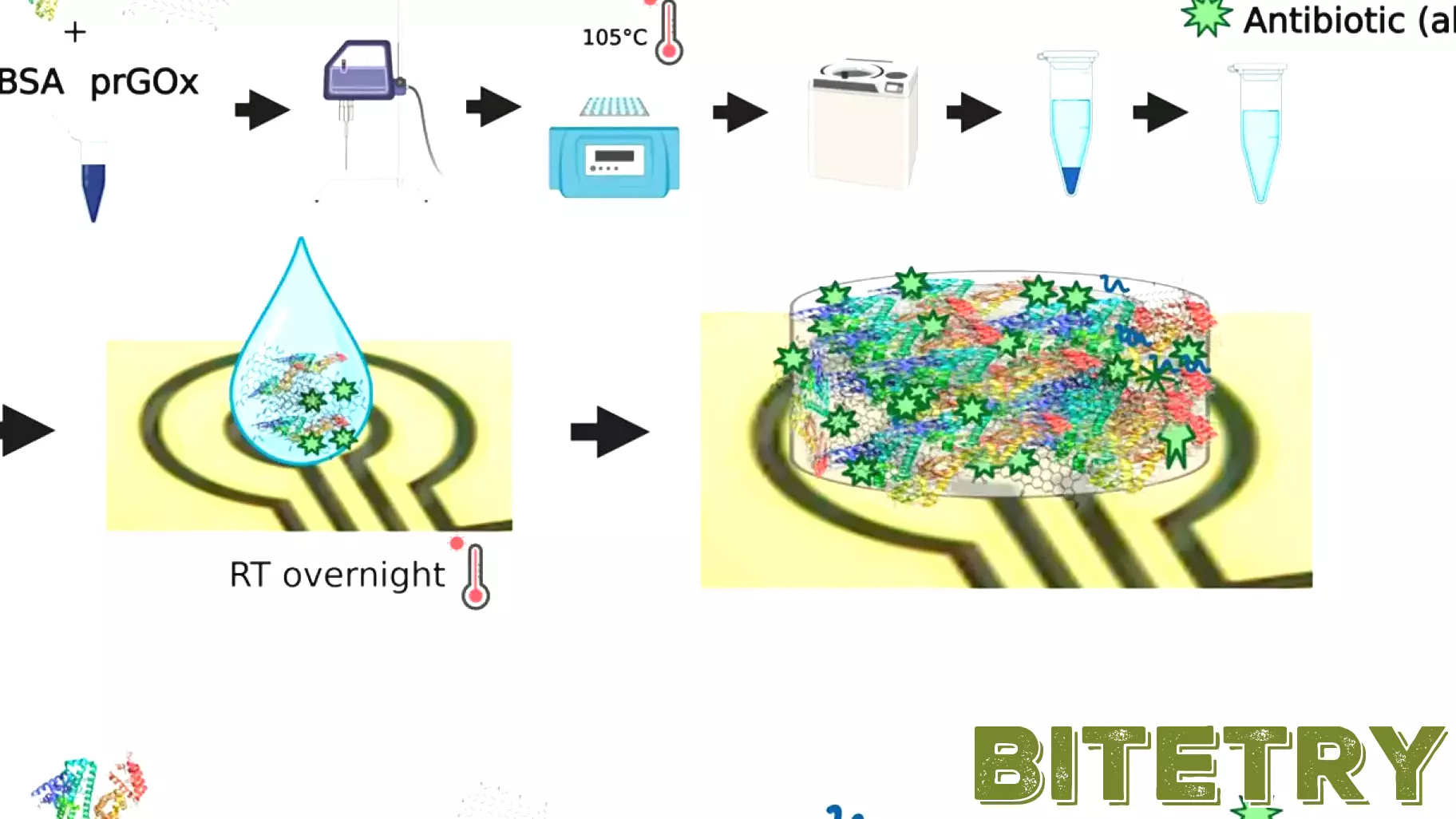Enhanced Longevity of Implantable Biosensors Through Innovative Coating Technology
March 13, 2025 - 20:25

Wearable and implantable biosensors, which play a crucial role in monitoring patients' physiological conditions and therapeutic responses, have received a significant upgrade thanks to a new coating technology. This advancement addresses one of the major challenges faced by these devices: biofouling. Biofouling occurs when biological materials accumulate on the sensor surface, leading to inaccurate readings and reduced functionality over time.
The innovative coating significantly inhibits the adhesion of biological molecules, allowing the biosensors to maintain their accuracy and longevity. This breakthrough could revolutionize the way healthcare providers monitor chronic conditions, manage therapies, and provide real-time feedback to patients. With the ability to detect various biological markers non-invasively, these enhanced biosensors promise a future where continuous health monitoring is not only possible but also reliable.
As research continues to refine this technology, the potential applications in personalized medicine and remote health monitoring are vast, paving the way for improved patient outcomes and more efficient healthcare systems.
MORE NEWS

December 14, 2025 - 02:31
Is Micron Technology Stock Set to Continue Its Surge Before December 17?Shares of the memory specialist Micron Technology have seen a remarkable increase, tripling in value throughout the year. Investors are now left wondering whether this upward trend can persist as...

December 13, 2025 - 12:55
Advancements in Firefighting: Hydrogel Technology Takes Center StageOklahoma State University is pioneering the future of fire suppression technology with innovative hydrogel solutions, thanks to a recent NSF EPSCoR Research Fellows award. Led by Shen, an assistant...

December 12, 2025 - 23:27
US Stock Market Experiences Volatility Amid Shift Away from Tech GiantsUS equities displayed notable fluctuations on Friday as major technology stocks faced a downturn. Investors began to pivot their focus towards other sectors, particularly favoring traditional...

December 12, 2025 - 03:49
HIMS Expands Its Tech-Driven Care with New Diagnostics and Hormonal TreatmentsHIMS has announced significant enhancements to its technology-driven personalized virtual care services, marking a major step forward in accessible healthcare. The company is now offering a broader...